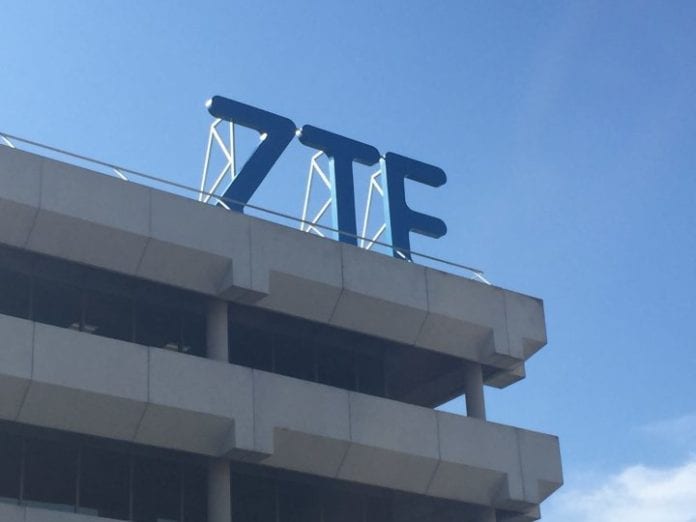Chinese vendor ZTE expects to open a cybersecurity center in Brussels, Belgium next month, the company’s President for Western Europe, Hu Kun, told RCR Wireless News.
The executive said that the new facility will allow customers, government agencies and other and other interested parties to have access to ZTE’s source code review among other possibilities.
ZTE launched its cybersecurity center in Rome, Italy in May of this year, as well as another cybersecurity center in Nanjin, China.
The executive also said that ZTE intends to create a unified platform connecting these three cybersecurity facilities.
“They are not isolated facilities. The labs in Rome and Brussels will be connected in real time with our cybersecurity center in China,” he said.
ZTE also said that the firm is committed to provide customers with end-to-end security products and services, by integrating security considerations and controls into every aspect of the product’s life cycle. The cybersecurity center aims to provide global customers, regulators and other stakeholders with security assessment and audit services, such as source code review on ZTE products including 4G and 5G, security design audits, procedural document reviews, black box testing and penetration testing.
Zhong Hong, ZTE chief security officer, had previously said that these security labs are an open and cooperative platform for the industry. He also said that the vendor plans to gradually achieve the cybersecurity goals through three steps: first, meeting the requirements of cybersecurity laws, regulations and industry standards as well as certification schemes; second, conducting an open dialogue to enhance transparency and establishing cooperation with customers as well as regulatory agencies; and third, sustaining the open cooperation mechanism to contribute to cybersecurity standardization.
ZTE said that the cybersecurity lab in Nanjing facilitates in-depth research activities and explorations in the security field.
In these labs, customers will also have access to important technical documentation of ZTE products and services. The labs will also provide manual and automated security testing of the vendor’s products and services.
In order to achieve an end-to-end secure delivery of products and services, ZTE said it integrates security policies and controls into every phase of its product lifecycle, which establishes a cybersecurity assurance mechanism covering areas such as product development, supply chain and manufacturing, engineering services, security incident management and verification and audits.

